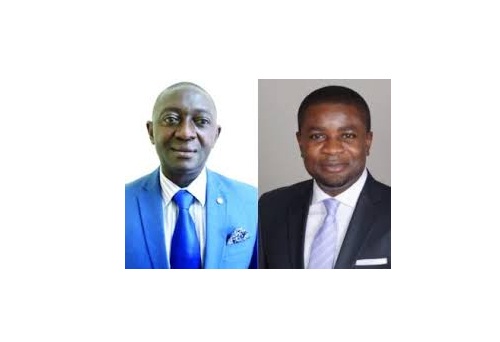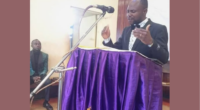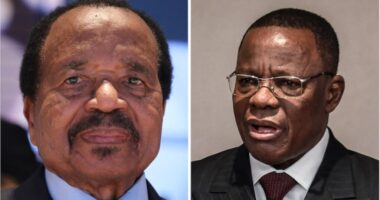For weeks now, the capital city of the Southern Zone has been plunged into deep darkness. From Muea to Malingo, Ndongo, Sandpit, and parts of Great Soppo, the people live in a blackout that has crippled daily life. Homes are dark, shops have shut their doors, and families are left struggling to survive without electricity. The blackout, residents say, is caused by broken transformers and fallen poles carrying high-tension cables. Yet, as always, Eneo—the so-called colonial electricity provider—remains mute. No explanation, no timeline, no solution. The people of Buea are left to fend for themselves, while the regime pretends nothing is wrong.
Life in Buea has turned into a daily struggle. Businesses that depend on electricity are collapsing. Barbershops, welding workshops, tailors, and food vendors can barely operate. Families cannot pump water or preserve food. Students study under candlelight or depend on costly generators. But even those generators are a privilege for a few, as the majority can’t afford the fuel to run them. This blackout is not an isolated incident; it is another symptom of the suffering imposed on the people by a failed system. The absence of electricity, water, good roads, and healthcare reflects the broader hardship that our people endure daily under this colonial occupation.
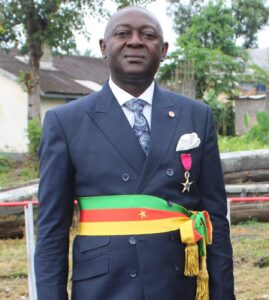
While the people wallow in misery, the so-called leaders of Buea continue to live in comfort. The colonial Mayor, David Mafani Namange, and the Member of Parliament for Buea Urban, Malomba Donald Esembe, live in luxury while the people perish. Namange has turned the Buea Council into his private business. He uses council equipment to tar the roads that lead to his home and his mother’s home, while the rest of Buea is left with patched roads made of cement and sand. The checkpoint road, Campaign Street, and Bwitingi market roads are perfect examples of his deception — temporary fixes for public show while the main problem persists.
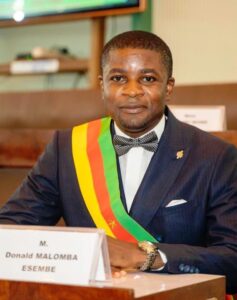
At the same time, Namange uses council funds to acquire property abroad and has sent his family overseas, far from the hardship his people face daily. The parliamentarian, Malomba David Esembe, is no different. He has built a mansion beside the legal department while his constituents live in ruins. Like his fellow regime loyalists, he has sent his wife and children to the United States, abandoning the very people he claims to represent. Residents describe him as extremely stingy, a man whose hands are too tight to release even a dime to those who voted him into office.
Both of them were quick to campaign for the continued rule of the 92-year-old colonial dictator, Paul Biya, knowing that his stay in power protects their corrupt schemes. But the people of Buea saw through the lies. In the last sham elections, Biya managed to score less than 30% in Buea — a clear sign that the population is tired of deceit and oppression. The message was loud and clear: the people reject Biya and all his local collaborators.
As next year’s municipal and legislative elections approach, the fate of these failed politicians is already written. The people are angry, hungry, and tired. They have watched their leaders grow richer while their living conditions grow worse. Buea’s darkness is not only from the lack of electricity; it is the darkness of leadership, greed, and betrayal. The people of Ambazonia will remember. They will not forget those who traded their suffering for political gain. The blackout may silence the lights of Buea, but it has awakened a people determined to reclaim their dignity and their future.
By Lucas Muma
